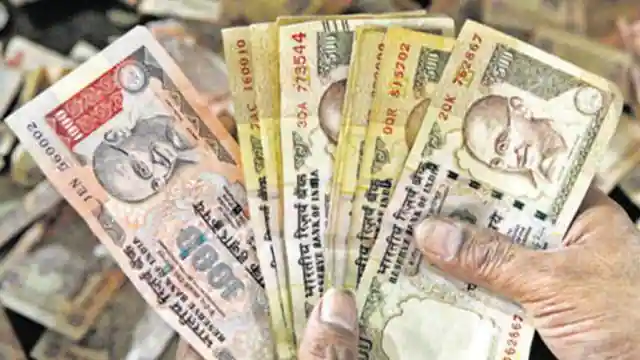A five-judge bench headed by Justice SA Nazeer indicated that it would consider creating a system to exchange the old notes. However, permission will be given only in certain special cases.
The petitions challenging the notification of demonetisation in the country were heard before a constitution bench on Friday. A five-judge bench headed by Justice SA Nazeer indicated that it would consider creating a system to exchange the old notes. However, permission will be given only in certain special cases. The constitution bench will continue hearing in this matter on December 5.
In these petitions, the notification of demonetisation dated November 8, 2016 has been challenged as illegal. Attorney General Venkataramani, appearing for the central government, said that the court cannot pass such an order. After demonetisation, the window to exchange notes was extended much further but people did not take advantage of it. He said that in some special cases, the government may consider exchanging the notes.
During the hearing in the apex court, the Attorney General defended the notification of demonetisation. He said that this was a step taken to stop the problem of fake currency and funding of terrorism.
Own Logic
Government exercise futile
The demonetisation was done under the provisions of the Reserve Bank Act, 1934. There is no legal problem in this. To consider these petitions now is an academic exercise which has no meaning now.
Back: Will see in special case
We will look at creating a mechanism where in special cases the old Rs 500 and Rs 1000 notes will be exchanged. The Reserve Bank can do this under section 4(2)(3) of the 2017 Act.
Petitioner: Old notes are lying there, what should we do?
1. I have old notes of more than one crore rupees. The court said, you keep them carefully.
2. My seized amount of lakhs of rupees is deposited in the court, but after demonetisation it became useless.
3. We were abroad. The window had closed before March. It was said that it would remain open till the end of March.


